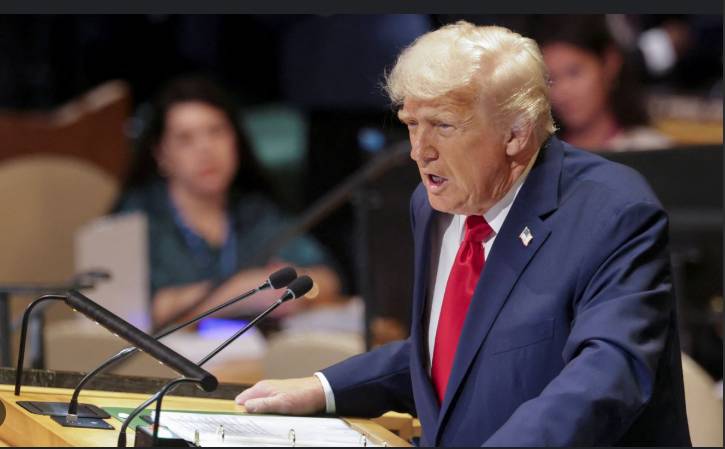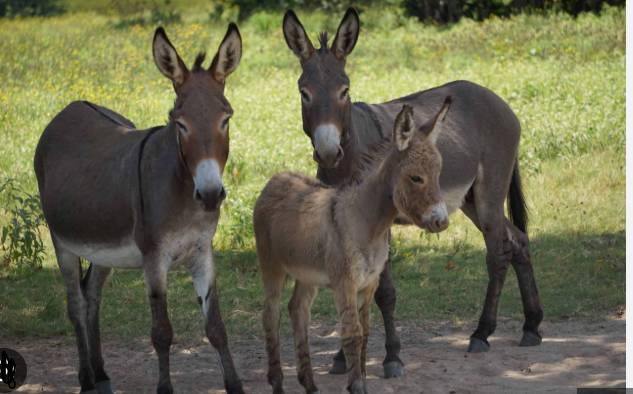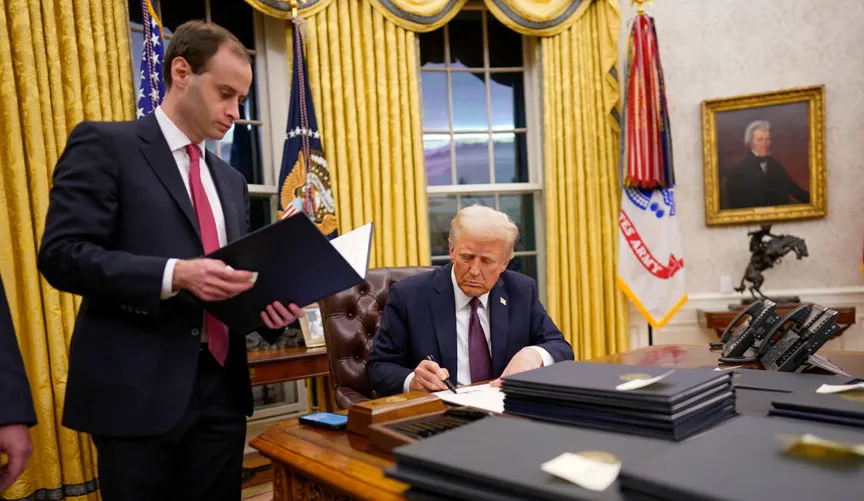US at risk of losing its leading role: The United States has been the world’s powerhouse of scientific discovery. It is a home to more Nobel science laureates than any other nation. This dominance was built on consistent investment in research and strong protections for academic freedom. But that leadership is now in jeopardy. Hans …
Trump’s Cuts to Science Funding Alarm Nobel Officials

- Swedish officials have voiced deep concern over the future of American science.
- They warn that US President Donald Trump’s sweeping cuts to research funding and attacks on academic freedoms could undermine the country’s position as the global leader in science.
US at risk of losing its leading role:
The United States has been the world’s powerhouse of scientific discovery. It is a home to more Nobel science laureates than any other nation.
This dominance was built on consistent investment in research and strong protections for academic freedom.
But that leadership is now in jeopardy. Hans Ellegren, secretary general of the Royal Swedish Academy of Sciences said, “In the post-war period, the US has taken over Germany’s role as the world’s leading scientific nation. When they now start cutting research funding, it threatens the country’s position.”
Since January, according to Independent tracker Grant Watch, the National Institutes of Health (NIH) have terminated 2,100 research grants worth $9.5 billion, along with $2.6 billion in contracts.
Vital projects under threat:
The canceled projects cover crucial areas such as gender studies, Alzheimer’s research, cancer treatments, and the health effects of climate change. Some efforts are underway to restore funding, but uncertainty dominates the scientific community.
Thomas Perlmann, secretary general of the Nobel Committee for Medicine, highlighted the importance of US support for science, “It is no coincidence that the US has by far the most Nobel laureates.”
But he added, “There is now a creeping sense of uncertainty about the US’ willingness to maintain their leading position in research. There would be very serious consequences for research globally if it starts to falter. It doesn’t take very many years of large cutbacks to cause irreversible harm.”
Impact on global research:
Experts stress that America has been “the very engine” of global scientific advancement. With the US pulling back, international cooperation could weaken, and opportunities for collaborative breakthroughs may decline.
The effects are already visible. Funding cuts and layoffs across federal agencies have shaken researchers’ confidence. Once lost, many scientists may never return to their fields, even if money is later restored.
Ellegren warned, “There is a risk that a whole generation of young researchers will be lost.”
Focus areas in Trump’s line of fire:
Trump’s policies have particularly targeted vaccines, climate change, and diversity initiatives, raising alarms about public health and social equity. By undermining long-term projects, these cuts could stall progress in tackling global challenges like pandemics, environmental crises, and medical breakthroughs.
Nobel officials argue that the damage will not stay within America’s borders. As the world depends on US innovation, shrinking support in Washington risks slowing advances in many countries.
China rising as the US pulls back:
Trump’s retreat could open the door for rivals, especially China, to step into the scientific spotlight. If American researchers leave their fields or seek opportunities abroad, Beijing and other nations may quickly gain ground in areas once dominated by US scientists.
This potential “brain drain” threatens not only America’s influence but also the international balance of research leadership.
A warning to the world:
While the Nobel Prizes may once again recognize American achievements this year, officials in Stockholm caution that the trend is alarming. Sustained cuts could unravel decades of progress and permanently weaken the US role in global science.










